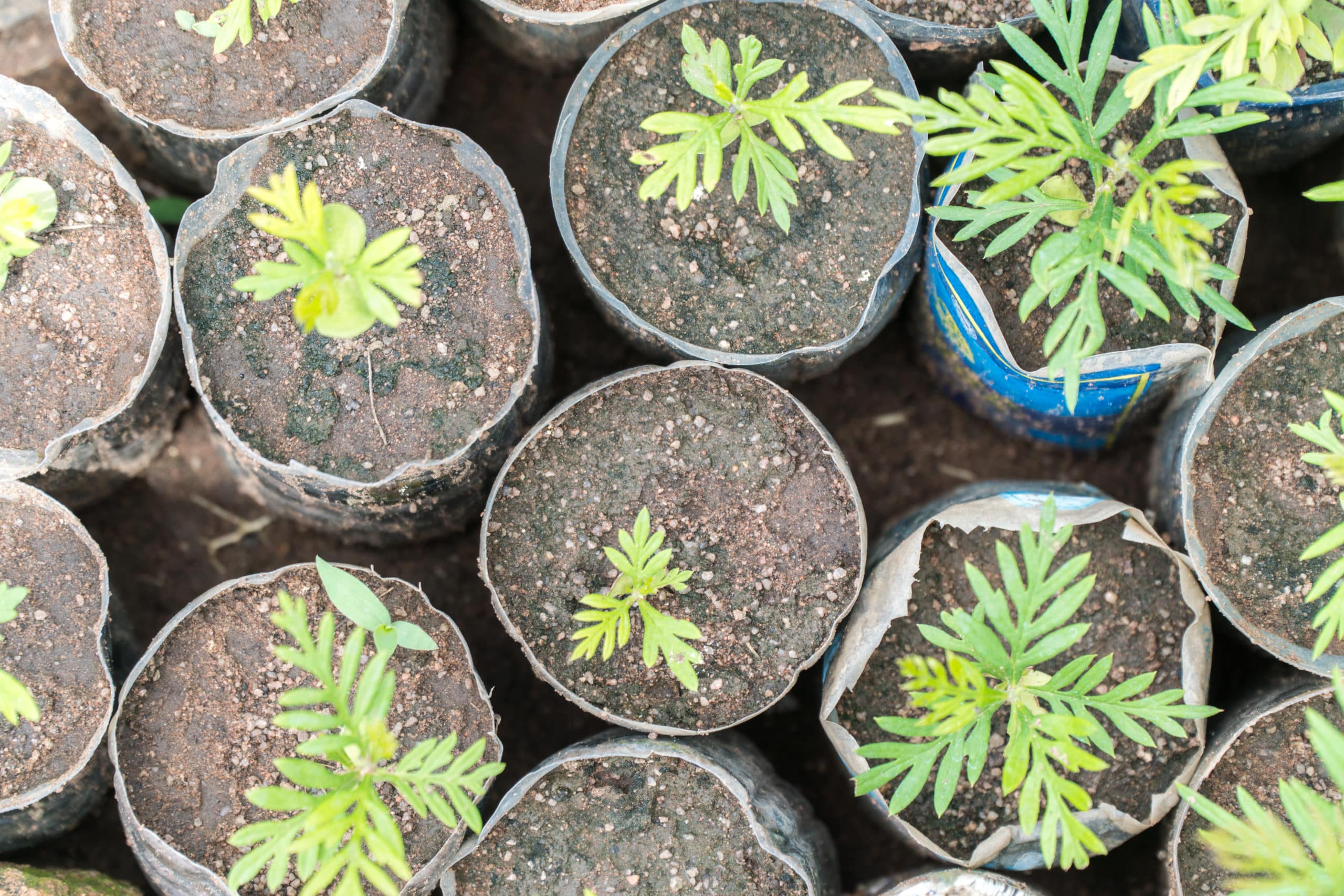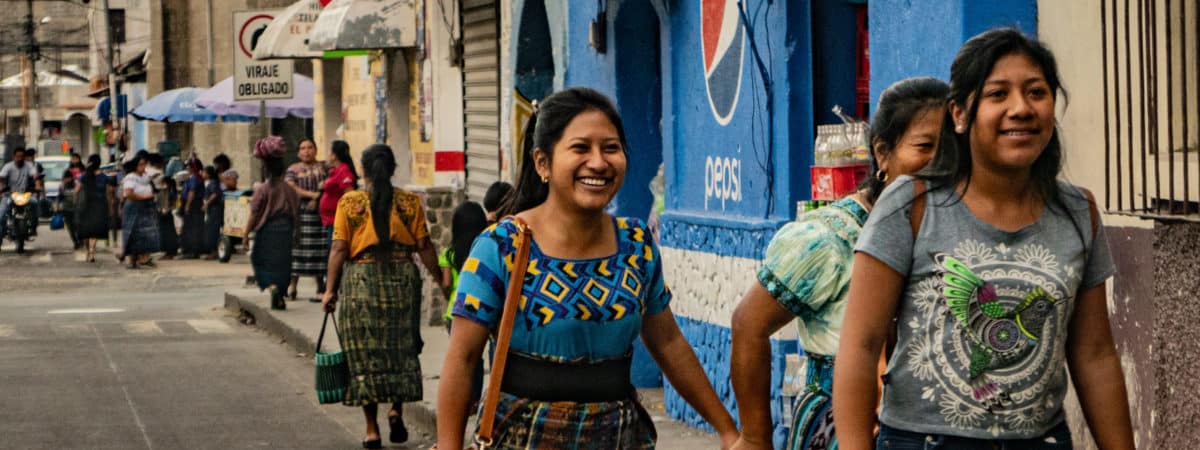
Besides Mitigating Climate Change, Agroforestry Raises Incomes & Enhances Nutrition
February 22, 2022World Neighbors Expands Its Work to Malawi
March 30, 2022In Guatemala, Savings And Credit Groups Drive Economic Growth

By Lionel Vigil
Guatemalans make the arduous journey trying to migrate to other countries for many reasons – poverty, corruption, violence, the effects of climate change.
Often overlooked is a basic reality that stands in the way of efforts by Guatemalans, especially younger people, to improve their lives.
Lack of access to capital
As in many parts of the world, rural Guatemala has few if any banks or other formal financial institutions. To borrow money to buy land or livestock or to start home-based businesses, farmers are often forced to turn to money lenders. These lenders usually charge high interest rates. Often they are so high they make borrowing and investment unprofitable. Moneylenders can be very inflexible if a farmer cannot repay a loan on time. Together, these factors deter farmers from borrowing and investing to increase output and start small businesses.
But farmers in Guatemala’s Sololá Region now have an alternative source of capital:
Savings and credit groups.
Members of these groups deposit small amounts each month. When a group builds enough capital, members take out loans at low interest. Loans are invested in productivity-enhancing implements and other innovations, livestock purchases, and to start home-based businesses. Loans can also be used for medical treatment and children’s’ school expenses. As the loans are made among neighbors, there is flexibility if a borrower has trouble with repayment; especially if the cause is something beyond a farmer’s control.
In 2021, farmers in Sololá set up 10 savings and credit groups. The groups were initially started by women. Savings started small, about 65 cents a month. As participants gained confidence in the process, and further trust in their neighbors, they gradually increased savings to $9 a month.
By the end of 2021, participating farmers had accumulated $8,500 in capital. As savings accumulated and farmers shared their experiences with neighbors, other farmers started their own savings and credit groups. Men joined the groups, as have younger people, who see in them a path to entrepreneurship. In February alone, groups in Sololá saved nearly $3,000.
Loans have been used to build fishponds, produce organic fertilizer from composting, plant different fruits and vegetables to meet demand for diversified and healthier diets, and more.
Participants in savings and credit groups learn basic financial literacy and bookkeeping skills. Farmers are taught to calculate interest and return on investment, basic accounting, methods to project demand and other business skills. This is training young people in particular cannot find in other settings—and greatly desire.
Savings and credit groups can amass significant capital. For instance, in Kenya some have combined to create cooperative banks registered with the government. Loans from these banks are invested in numerous ventures, including food processing and other manufacturing companies. Output is sold to larger markets, necessitating training in distribution, logistics, marketing and government regulations. In this way, farmers and the communities move up the value chain to increase income and wealth.
This is the type of community-based, sustainable development that can enable Guatemala’s farmers to improve their lives and provide hope for themselves and their children. It’s working in Sololá and other areas in Guatemala. It can work in other countries too.
Lionel Vigil is Regional Director for Latin America and the Caribbean at World Neighbors.
This article originally appeared on NewsAmericasNow on March 4, 2022.

